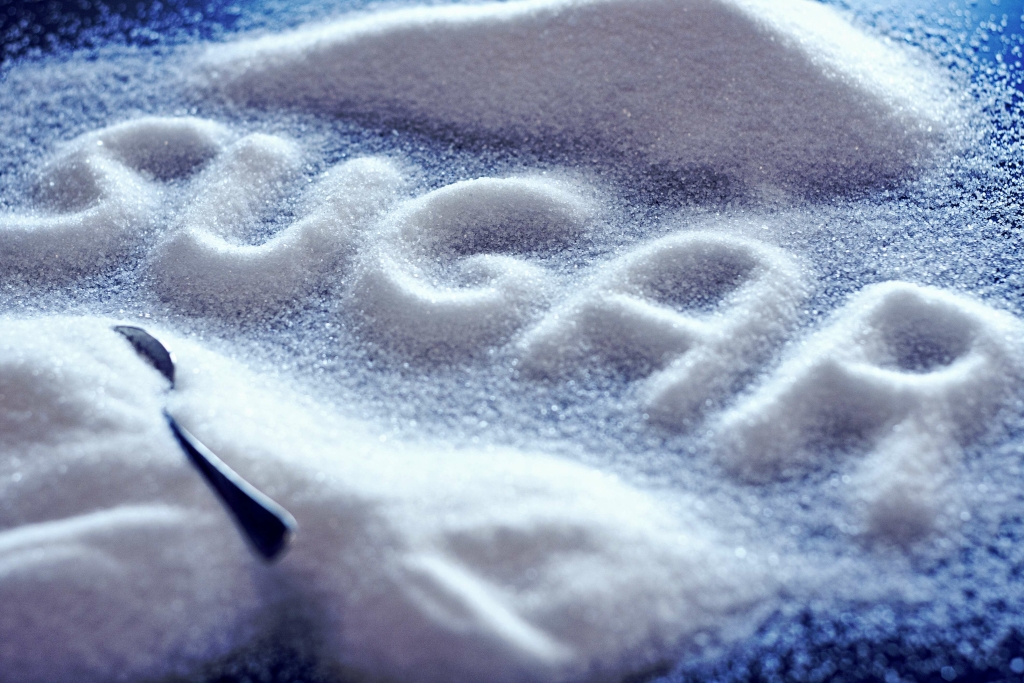The Addiction of Narcissism
Therefore, the presence or absence of external validations of their value determines whether a person may have the traits of grandiose narcissism or vulnerable narcissism. In many cases, an alcoholic doesn’t start with NPD, but their alcoholic personality leads them to act in ways that are similar to an individual with narcissistic tendencies. Individuals and families affected by NPD and AUD benefit from attending family therapy and support groups. Some studies have shown people diagnosed with NPD respond more positively to therapeutic and social interventions. Often, family therapy reduces the negative effects on children or partners. Pathways Recovery Center uses evidence-based therapy and personalized treatment plans to support clients with co-occurring what is alcoholism NPD and AUD.
Is Narcissism Genetic? Here’s What the Data Shows
- It’s worth noting that the DSM-5-TR doesn’t use the term “alcoholism,” but the term is still used colloquially to refer to AUD.
- Narcissistic personality disorder (NPD) and alcohol use disorder (AUD) share several similarities.
- Another study from 2019 found a link between drinking and the narcissistic traits of devaluing and entitlement-rage.
- Weighted Wave 2 data were then adjusted to be representative of the civilian population on socioeconomic variables including region, age, race-ethnicity and sex, based on the 2000 Decennial Census.
- For individuals with both narcissistic personality disorder and alcoholism, dual diagnosis treatment provides an integrated approach to address both conditions simultaneously.
Drug-specific abuse and dependence were aggregated in this study to yield diagnoses of any drug abuse and any drug dependence. These strategies, combined with dual diagnosis expertise, can promote lasting recovery, as supported by NAMI5. Interventions see family and friends uniting to confront an individual about their drinking.
The connection between CBT and improved mental health in recovery
Addressing the underlying depression, denial, or childhood trauma that drives both narcissism and alcohol consumption can provide the clarity needed for lasting change. As an alcoholic narcissist, you may employ avoidant behavior, projecting blame onto others, or rationalizing your drinking to covert narcissist alcoholic protect your ego and self-image. Acknowledging your addiction and the need for help is the first step towards recovery. As an alcoholic narcissist, your addiction and need for control lead you to increasing levels of alcohol use. Over time, your tolerance to alcohol builds up, meaning that you need to consume more to achieve the same effects.
Is Narcissism a Personality Disorder?

For example, different prevention and treatment methods can be developed for individuals high in either https://panel.skheartcarehospital.in/alcohol-withdrawal-symptoms-detox-and-treatment/ grandiose or vulnerable narcissism. Treatment programs for vulnerable narcissists might focus on negative expectations while grandiose narcissists might need to focus more on recognition of problems. Future research should evaluate potential mechanisms driving these associations, such as mediators that might explain associations or moderators that might strengthen relationships found in this study. For example, perhaps types of drinking motives (e.g., conformity or coping) differentially mediate the relationship between narcissism subtypes and alcohol outcomes. Moderators such as positive or negative affect or reward sensitivity might affect the strength of the associations found in this study. In addition, future research could include more ethnically diverse samples to determine if the associations found here differ for students of diverse racial and ethnic backgrounds.
- However, when these two conditions intersect, the complexities multiply, presenting unique challenges for individuals and their loved ones.
- Thoughts, judgement, reasoning – all will be skewed, and an individual will likely misread what is happening to them the longer they are left to drink.
- Research indicates that individuals with narcissistic tendencies are more likely to develop alcohol-related problems and engage in excessive drinking behaviors.
- Alcohol can also help fuel their grandiose ideas, making it easier for them to see themselves as smarter and more powerful than everyone else.
- It should be noted that narcissism is a trait, but can also be part of a personality disorder.
- Compared to grandiose narcissists, people in this group were more likely to acknowledge that they had a problem.

Antisocial symptoms such as impulsivity, deceit and poor decision-making also tend to worsen with alcohol use. The information on this page is provided for educational purposes only and should not be considered a substitute for professional medical advice, diagnosis, or treatment. Prescription medications, including antidepressants, should only be taken under the guidance of a licensed healthcare provider. Do not start, stop, or adjust any medication without first consulting your doctor. If you experience severe side effects, withdrawal symptoms, or thoughts of self-harm, call 911 immediately if you are in the United States, or seek emergency medical help.
Narcissistic Traits and Behaviors
Weighted Wave 2 data were then adjusted to be representative of the civilian population on socioeconomic variables including region, age, race-ethnicity and sex, based on the 2000 Decennial Census. Grandiose narcissism was also a significant predictor of a positive alcohol problem evaluation, over and above alcohol use, social desirability and vulnerable narcissism. In other words, grandiose narcissists are more likely to regard the alcohol problems that they may encounter as good. This may be because of the social benefits they bring (e.g., holding one’s liquor might be seen as a good quality and doing risky things while intoxicated could be seen as “cool” in some circles). It is also possible that grandiose narcissism gives one the illusion of invulnerability, especially when drunk. Thus, by not learning from negative experiences, they might continue to see alcohol consequences as positive.
The Relationship Between Narcissism and Alcoholism
As individuals struggle with the symptoms of their personality disorder, alcohol can provide an emotional escape from feelings of low self-worth, isolation and emotional confusion. Similarly, alcohol may be used to help enhance positive emotions and overall feelings of well-being. Common personality disorder traits including impulsivity, emotional instability and negative affect may also account for high rates of alcohol abuse disorders. Narcissistic personality disorder (NPD) is a mental health condition that can affect people with alcohol abuse and addiction. People with substance abuse and NPD must receive specialized treatment to address both conditions. So, how to stop the relationship between alcoholism and narcissism from gaining momentum?
Setting and maintaining strong boundaries may help you navigate a relationship with someone who has alcohol use disorder and narcissistic personality disorder. It may be beneficial to speak to a therapist about the situation, as they may be able to provide more personalized guidance and coping skills. A person with alcohol use disorder (sometimes referred to as alcohol abuse) usually struggles to decrease or stop their alcohol consumption despite the negative effects it has on their life.
- They may take advantage of others for personal gain and generally view other people as a means to an end.
- Narcissistic personality disorder and alcoholism are co-occurring disorders.
- Vulnerable narcissism also contributes to people’s expectation and recognition of alcohol problems.
- It can be challenging for individuals with NPD to acknowledge the impact of their behavior on themselves and others.
- NPD is characterized by inflated self-importance and lack of empathy, while alcohol use disorder involves an inability to control alcohol consumption despite negative impacts.
Reset Your Mind: Benefits of Inpatient Mental Health Care
Research has found that the occurrence of personality disorders in those diagnosed with alcohol disordersrangesfrom as low as 22–40 percent to as high as 58–78 percent. Alcohol use cannot prompt the development of a personality disorder, but it can impact the progression by worsening a personality disorder’s symptoms and effects. Family therapy sessions can help address underlying family dynamics that may contribute to both NPD and AUD. Educating family members about these disorders can also foster a supportive home environment, which is essential for long-term recovery. Alcohol can heighten impulsivity, grandiosity, and emotional dysregulation, potentially amplifying narcissistic traits (e.g., entitlement or low empathy) during intoxication or withdrawal.
